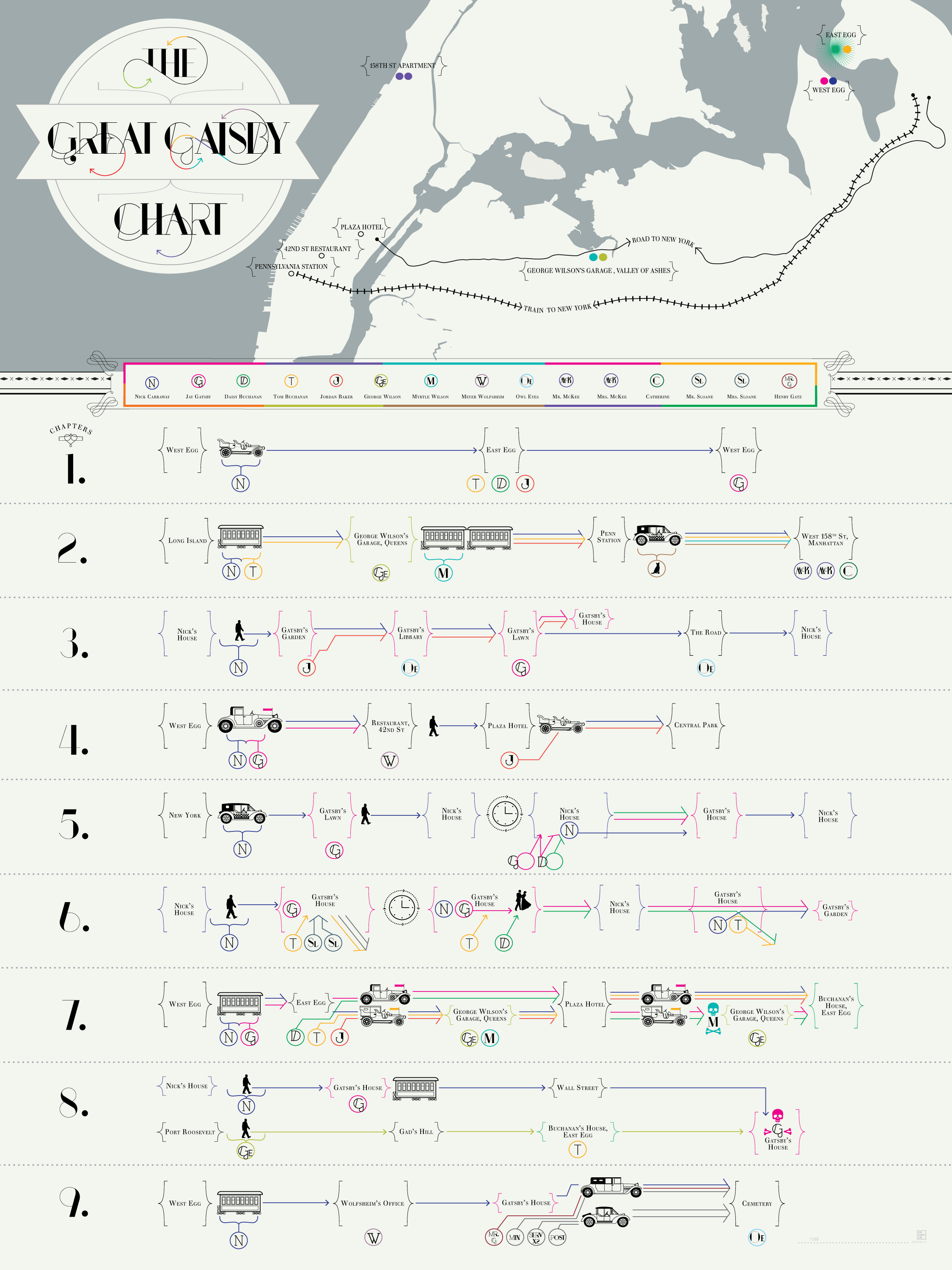Netherlands Addresses Asylum Challenges: New Detention And Area Ban Policies

Table of Contents
Increased Detention of Asylum Seekers in the Netherlands
The Dutch government's justification for stricter detention policies centers on concerns about illegal immigration, public safety, and the unsustainable burden on the nation's asylum infrastructure. The increased use of detention is presented as a necessary tool to control irregular migration and ensure the efficient processing of asylum claims within the Dutch asylum system.
Rationale Behind Stricter Detention Policies:
-
Addressing Security Concerns: The government argues that detention is necessary for individuals deemed a threat to public safety or those with a history of criminal activity. This includes individuals who may pose a flight risk, potentially jeopardizing the asylum process.
-
Efficient Resource Allocation: By detaining certain asylum seekers, the government aims to streamline the asylum process, freeing up resources to focus on legitimate claims. This aims to reduce the backlog within the Dutch asylum system.
-
Deterrent Effect: The increased use of detention is also seen as a potential deterrent to unfounded asylum claims, potentially discouraging those solely seeking economic opportunities from applying.
-
Duration and Appeals: While the exact duration of detention varies based on individual circumstances, asylum seekers have the right to appeal detention orders through established legal channels. However, the complexities of the legal process and potential language barriers can create challenges for asylum seekers.
-
Human Rights Concerns: Critics raise concerns about the potential human rights implications of prolonged detention, particularly the impact on mental health and family separation. These concerns highlight the need for transparent and humane detention practices within the Dutch asylum system.
-
Statistics: While precise figures fluctuate, recent reports suggest a notable increase in the number of asylum seekers detained compared to previous years, though official data varies across sources. This trend underscores the government's shift towards a stricter approach to managing asylum claims within the Netherlands.
Implementation of Area Bans for Asylum Seekers
Area bans represent another significant aspect of the evolving "Netherlands asylum policies," restricting the movement of certain asylum seekers to specific geographical locations.
Geographical Restrictions and Their Impact:
- Targeted Locations: Area bans are typically imposed in areas considered to have limited capacity to accommodate asylum seekers or where there are concerns about potential social tensions.
- Restrictions on Movement: These bans limit the freedom of movement for affected individuals, often restricting them to a designated municipality or region. This can significantly impact their ability to access essential services and participate in integration programs.
- Access to Services: Area bans can hinder access to healthcare, legal aid, language courses, and job opportunities, exacerbating the challenges faced by asylum seekers in integrating into Dutch society.
- Enforcement Challenges: Enforcing area bans effectively presents logistical challenges, requiring substantial resources and potentially leading to clashes between authorities and asylum seekers. Furthermore, the potential for human rights violations arising from the enforcement of these restrictions cannot be overlooked.
Public Opinion and Political Debate Surrounding New Asylum Policies
The new asylum policies in the Netherlands have sparked considerable public debate and political division.
Analyzing Public Sentiment:
- Arguments For: Supporters of the stricter measures emphasize the need to control illegal immigration, protect national security, and ensure the sustainable management of the asylum system. They often highlight concerns about overburdened resources and potential social tensions.
- Arguments Against: Critics argue that the policies are overly harsh, violate human rights, and hinder the integration of asylum seekers. They point to potential negative impacts on mental health, access to essential services, and the overall image of the Netherlands as a welcoming nation.
- Political Divisions: The issue has become highly politicized, with different political parties holding contrasting views on the effectiveness and fairness of the new measures. This polarization often manifests in intense public discourse and media coverage.
- Public Opinion Polls: Recent polls reflect a divided public opinion, with support for stricter policies varying depending on the specific measure and the respondent's political affiliation. These differing views often impact political strategies concerning the Dutch asylum system.
International Legal Frameworks and Human Rights Considerations
The Netherlands' new asylum policies must be assessed against the backdrop of international human rights law and refugee conventions.
Compliance with International Law:
- Refugee Convention: The 1951 Refugee Convention and its 1967 Protocol establish fundamental principles for the protection of refugees, including the prohibition of refoulement (returning refugees to places where they face danger).
- Human Rights Implications: Critics argue that increased detention and area bans may violate the right to liberty and freedom of movement, as enshrined in international human rights instruments.
- Legal Challenges: Human rights organizations have voiced concerns and potentially initiated legal challenges against aspects of the new policies, raising questions about their compatibility with international law.
- International Pressure: The Netherlands may face pressure from international organizations and other nations to ensure its asylum policies align with international human rights standards. This highlights the interconnectedness of national immigration policy and the international legal framework.
Conclusion: The Future of Netherlands Asylum Policies
The new detention and area ban policies represent a significant shift in the Netherlands' approach to managing asylum seekers. These policies aim to address challenges within the Dutch asylum system but also raise concerns about human rights and integration. The long-term effects of these measures remain to be seen, and their effectiveness will likely be subject to ongoing debate and scrutiny. To understand the complexities surrounding these "Netherlands asylum policies" and contribute to informed discussions, we encourage you to research further, engage with relevant organizations working on asylum seeker rights, and participate in public discussions. Your active engagement can influence the future development of Dutch asylum policies.

Featured Posts
-
 Bayern Muenchens Verlies De Impact Van Thomas Muellers Afscheid
May 11, 2025
Bayern Muenchens Verlies De Impact Van Thomas Muellers Afscheid
May 11, 2025 -
 Maintaining The Key Road A Realistic Discussion With Tasman Council
May 11, 2025
Maintaining The Key Road A Realistic Discussion With Tasman Council
May 11, 2025 -
 Knicks Derrotan A 76ers Anunoby Brilla Con 27 Puntos
May 11, 2025
Knicks Derrotan A 76ers Anunoby Brilla Con 27 Puntos
May 11, 2025 -
 Usmnt Weekend Recap Featuring Hajis Hat Trick
May 11, 2025
Usmnt Weekend Recap Featuring Hajis Hat Trick
May 11, 2025 -
 Unmasking The Men Behind The Great Gatsby Real Life Influences On Fitzgeralds Masterpiece
May 11, 2025
Unmasking The Men Behind The Great Gatsby Real Life Influences On Fitzgeralds Masterpiece
May 11, 2025
